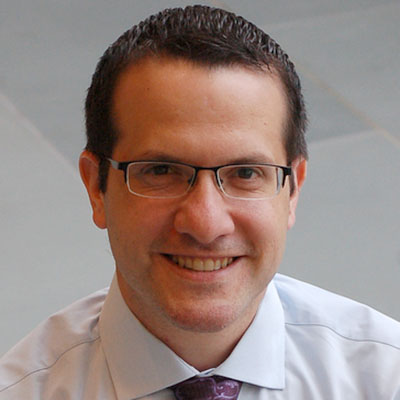Proving why he is THE health care economist, Uwe Reinhardt explains how, why many other countries are very different in how they provide insurance to their citizens, they all seem to have one thing in common:
I could continue to describe the health insurance systems of other European countries, or Canada, Taiwan, Japan, South Korea, Australia or New Zealand. We would find that in none of these health systems does the individual’s or family’s contribution to health insurance reflect that individual’s age or health status.
Community rating is so acceptable in these countries because citizens there view it not only as part of a larger social contract, but also as a vehicle for life-cycle economic planning.
The vast majority of citizens in these countries view health care as a “social good” that is to be shared on the basis of need by all on roughly equal terms and is to be financed largely on the basis of ability to pay.
By contrast, Americans have never agreed on a shared social ethic that should govern their health system, as the current debate over health reform has made visibly and audibly clear.
We still view insurance, even with reform, as a privately provided good that should somehow be individualized and purchased each year. They aren’t all single-payer systems, or socialist, or private, or public, but on this one thing – they all seem to agree.
We, on the other hand, argue about whether “we’re paying for someone else’s care” – as if that wasn’t what insurance was all about anyway.
He concludes:
Curiously, however, although Americans often flatter themselves with the image of being self-reliant, rugged individualists, they actually tend to rely more than citizens in many other countries on government-run health insurance and pensions in their old age, or when they fall on hard times. It is what makes the creature called “American” so perplexing in the eyes of foreigners.
Indeed.


